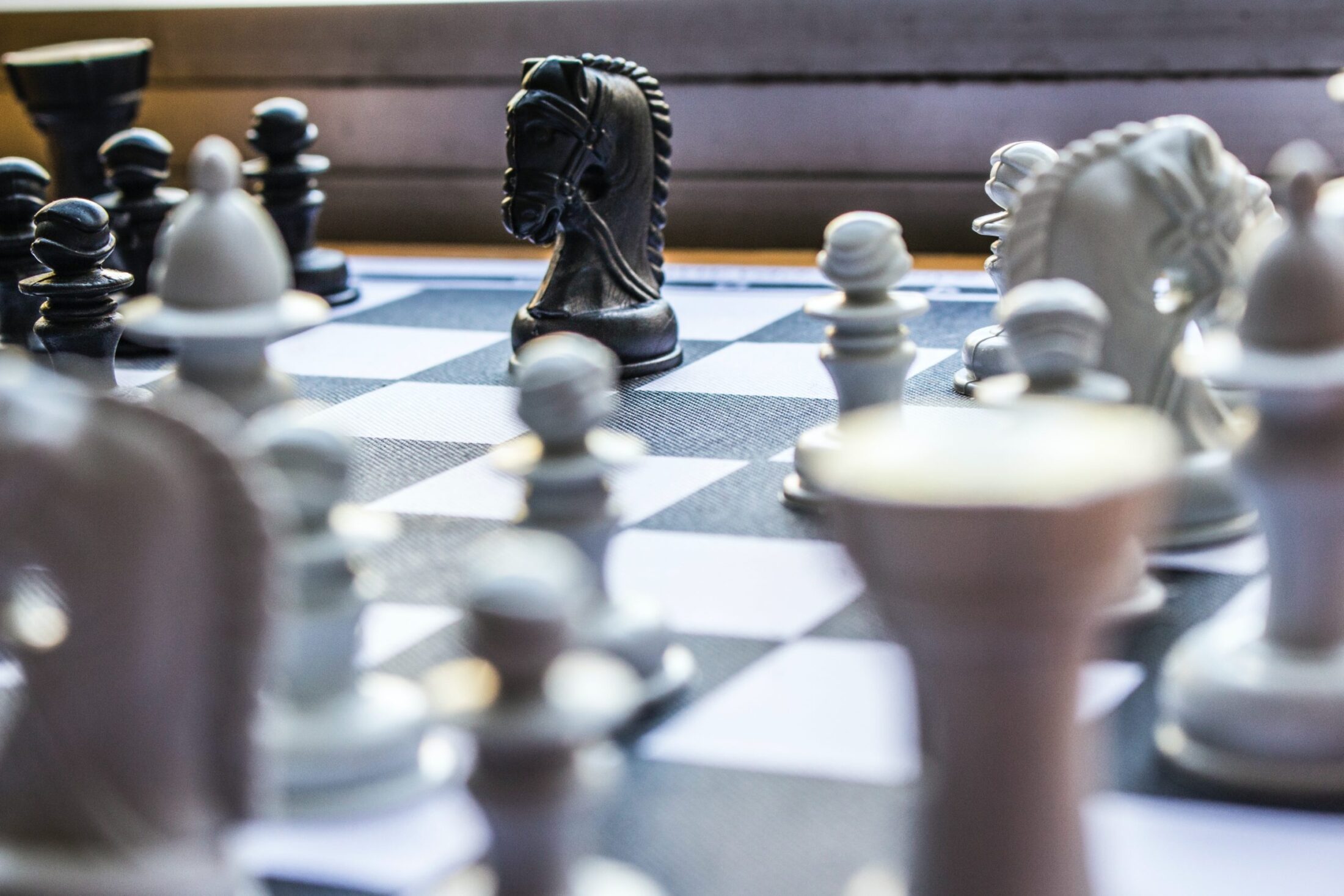When I grew up, I loved Marvel comic books. I have a lot of childhood memories of going to stores and flea markets buying them with my family. As I grew older, I learned that each comic’s story arc involved a moral lesson. These lessons made a huge impact on me, to the point that I still collect comic books today. The Fantastic Four and Quasar are both in my collection. But my absolute favorite superhero is The Silver Surfer. He is the embodiment of coolness, wisdom, courage, and did I mention that he is really cool? However, for every superhero, there is a group of villains who continue to challenge them. The Avenger named Vision, in the movie Captain America – Civil War, said it best, “our very strength incites challenge. Challenge incites conflict. And conflict breeds catastrophe.” (Side note: you have no idea how long I have been waiting to include comic book heroes into my work!) In order to dive into this blog topic, I need to briefly go into the backstory of The Silver Surfer before I tie it all together.
Norrin Radd lived on the peaceful planet of Zenn-La. One day, Galactus, The Consumer of Worlds, arrived to claim Zenn-La. Before the destruction of his home planet, Norrin flew a spaceship to meet Galactus and attempted to make a deal. If Norinn agreed to be Galactus’ herald (searcher of new planets for Galactus to devour), then Galactus will spare Zenn-La. Rorrin agreed to the deal. Galactus coated Norrin’s body with quicksilver to protect him from the harsh climate of space, retain the Power Cosmic (which lets him do awesome stuff like create wormholes to travel through spacetime), and collect the sun’s radiation to replenish his cosmic abilities. However, Norrin was to never return to Zenn-La, thus leaving behind the love of his life, Shalla Bal.
At first, The Silver Surfer only identified worlds that were devoid of sentient life for Galactus. Over time, Galactus began to slowly alter The Silver Surfer’s consciousness, lessening his connection to humanity, ultimately making him less and less compassionate to the worlds he targeted. Because of this mind altering, The Silver Surfer found himself preparing Earth to be destroyed. The Silver Surfer was then confronted by the Fantastic Four. At this time, Alecia, Ben Grim’s (The Thing) girlfriend, helped The Silver Surfer get back in touch with Norrin Radd, and the compassion within himself that he used to help save his own world. The Silver Surfer then challenged Galactus and turned him away from conquering the Earth. But this victory came with a price. Galactus created a forcefield around the Earth that The Silver Surfer was not able to penetrate, imprisoning him on this planet.
While on Earth, The Silver Surfer was targeted by humans as being an enemy. He was different. He was an alien. Despite repeated attacks, The Silver Surfer never responded with force. He refused to use his power because he recognized that humans have a lot of potential for goodness. The humans proved him right when a few of them acted with kindness. He concluded that they were inherently compassionate beings.
This brings me to today’s topic, healthy competition. The Silver Surfer was able to see that the true nature of humans is kindness. In today’s society, it is hard to see this at times, but despite all of the negativity, kindness is still present in our hearts. The Silver Surfer saw it then, and it is why we still like watching super-heroes continue to defend us. It is the violent competition between villains and super-heroes that sells comic books and movie tickets. However, like what the Avenger named Vision states, “conflict breeds catastrophe.”
From comic book heroes to a scientist that you may have heard of, Charles Darwin, who wrote a book entitled The Origin of Species by Means of Natural Selection; or the Preservation of Favoured Races in the Struggle for Life. Initially, Charles Darwin focused on violent competition as a natural way of existence.
“It may not be a logical deduction but to my imagination it is far more satisfactory to look at such instincts as the young cuckoo ejecting his foster brothers, ants making slaves . . . as small consequences of one general law leading to the advancement of all organic beings – namely multiply, vary, let the strongest live and the weakest die.”
However, later in his career, Darwin published another book entitled, The Descent of Man. In the latter publication, Darwin negated his previous work that endorsed violent competition to support the means of survival. “Those communities which included the greatest number of the most sympathetic members would flourish best and rear the greatest number of offspring.” Before Darwin passed away, he disagreed with his original work and subscribed with the notion of cooperation as a foundation for the survival of civilization. Personally, I think his identification of cooperation was and is right.
Violent competition is defined by the use of exploiting the weaknesses of your opponent to your advantage. Violent competition is not meant to be friendly; it is meant to tear down an opponent by any means necessary. As stated in Gregg Braden’s Deep Truth, “A growing body of scientific evidence, gathered from more than 400 peer-reviewed studies, is leading to an undeniable truth: violent competition and war directly contradict our deepest instincts of cooperation and nurturing.” Violence inevitably begets more violence.
Healthy competition is when people elevate themselves to meet their opponent. See the difference? Violent competition exploits the opponent. Healthy competition such as a friendly game of checkers, a pick-up game of basketball, or a Wii Bowling tournament, you elevate yourself to win. This invites your opponent to do the same. In the end, both people are able to win by having fun regardless of the outcome. Healthy competition fosters relationships and allows people to grow together. It invites people to laugh and enjoy their time together. It allows bonding to occur and memories to be made.
Here are some tips to remember that will keep your competitive nature healthy. These tips will also let you identify when you or others venture into the realm of violent competition.
- When you are having fun and enjoying your time, you experience various health benefits. Our bodies exist in two states of being: growth or survival. When you are having fun, you are living in growth. Your immune system increases because you are not experiencing an activated nervous system response, that would put you into a fight/flight/freeze scenario. When participating in healthy competition and you’re having fun, dopamine and serotonin are produced. The bonding hormone of oxytocin is also created, which can help create a stronger relationship between you and your partner.
- Listen to your intuition. If you are not feeling good about the competition that you are engaged in, it might be of the violent kind. Awareness is key to protecting yourself.
- Before the competition is about to start, set appropriate boundaries and expectations. If possible, discuss that what is about to happen is purely for fun, or a serious competition. Making expectations clear can avoid any miscommunication and hurt feelings within yourself or the person you’re playing with.
- Focus on how you compliment your opponent. Make sure that if you are “trash talking,” it is done with good nature and not with malicious intent.
- Don’t engage in trying to “psych out” your opponent. Focus on elevating your game instead of trying to intimidate the competition.
- Make sure you have fun and laugh! Life can become so serious at times. Let’s be honest, you’re not Captain America going to battle with Thanos before he snaps his fingers. But, if you want to pretend you are, or that you’re flying around your house on a silver surfboard traveling to distant unexplored galaxies, who am I to judge. Just make sure you’re back in time to watch the next Doctor Strange movie (which I am very excited to see!).





Leave A Comment